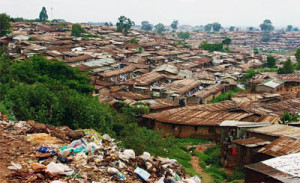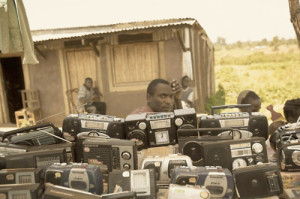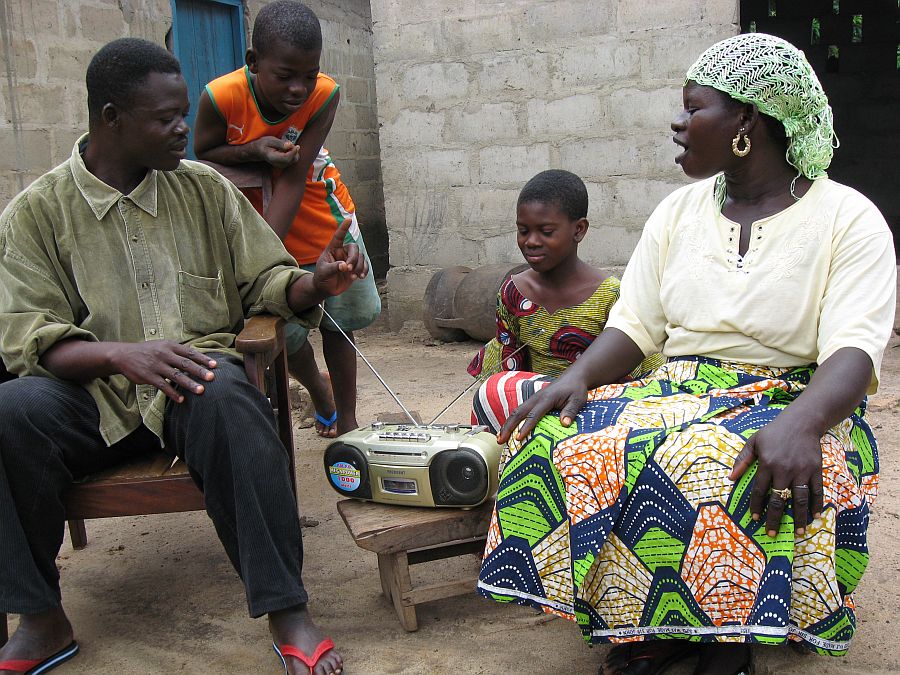Radio remains the dominant form of media in Africa, where most people do not have access to televisions and cannot always read newspapers, and the West African country of Mali has begun a new health program to educate people through the country’s most popular radio station.
“Innovation doesn’t always come in the form of the latest, cutting-edge technology,” said the Mali Health Organization Project’s Executive Director Kris Ansin, “We see radio as the ideal vector for health change among the poorest of the poor.”
 In suburban slums–where populations are the fastest growing on the planet–crowding, land use and sanitation have created health challenges.
In suburban slums–where populations are the fastest growing on the planet–crowding, land use and sanitation have created health challenges.
Health Radio was created with the intention of sparking discussion and acion in the homes and neighborhood in such slum areas, where health issues are most pressing. The radio program purposes to engage and organize slum communities to create positive change.
Some of the topics featured on the program are trash disposal, clean water and improved sanitation. The program also broadcasts crucial health information to empower users and inspire communities, with the intentions of promoting early detection of common maladies, lowering costs and saving lives.
 Local businesses also play a part in the program, leveraging publicity and interest by distributing health supplies to participants.
Local businesses also play a part in the program, leveraging publicity and interest by distributing health supplies to participants.
Radio is a broadcast tool that is both low cost and scalable. By broadcasting Mali’s Health Radio into the daily lives of Malians, health has beem improved among the poor and the program has become a platform for better health.
By Day Blakely Donaldson
